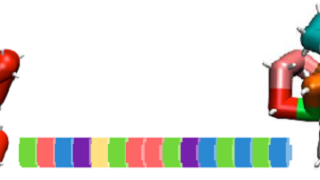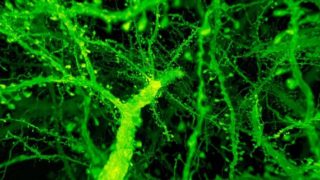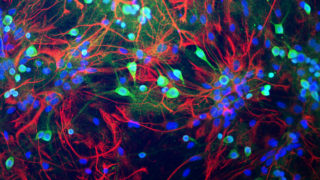
How did the patriarchy start – and will evolution get rid of it?
The patriarchy, having been somewhat in retreat in parts of the world, is back in our faces . In Afghanistan, the Taliban once again prowl the streets more concerned with keeping women at home and in strict dress code than with the impending collapse of the country into famine. And on another continent, parts of […]








